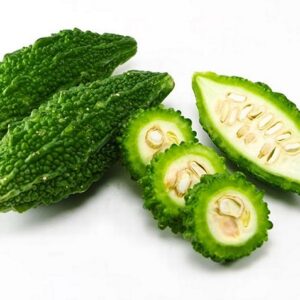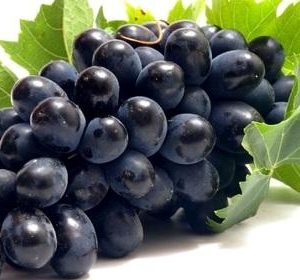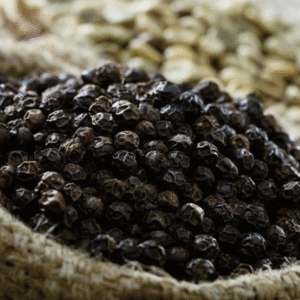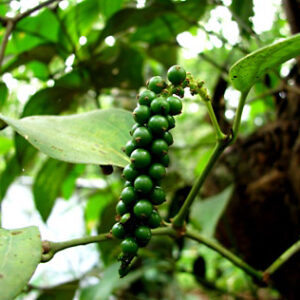Ingredients Nutrition Glossary
When we start using recipes, we may want to get some information about the ingredients we are using. This Glossary offers some of that information. Hover over the slightly highlighted Keywords to see an Image, a Description and a link to a related website for detailed information.
-
Almond~Milk
At its most basic, almond milk is a drink made from ground almonds and water. It is a popular plant-based alternative to cow’s milk or an addition to it. Almond milk is not dairy. It is a tasty dairy-free, soy-free lactose-free product. Almond milk is made by blending almonds with water and straining them. Sweeteners or salts may then be added.
Visit this Site for Nutrition Facts about Almond Milk.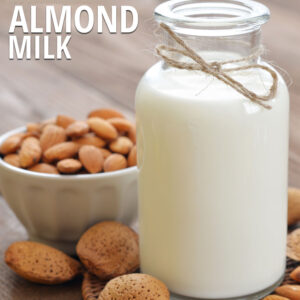
-
Almonds
Almonds are packed with vitamins, minerals, protein, and fiber, and are associated with a number of health benefits. Just a handful of almonds, approximately 1 ounce, contains one-eighth of our daily protein needs. Almonds may be eaten on their own, raw, or toasted; they are available sliced, flaked, slivered, as flour, oil, butter, or almond milk. The health benefits of almonds have been documented for centuries.
Visit this Site for Nutrition Facts about Almonds.
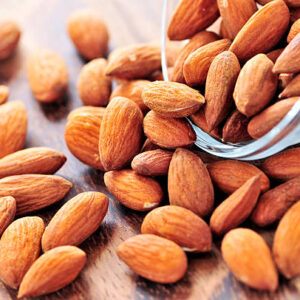
-
Apple
Apples are one of the healthiest foods a person can eat. They are high in fiber and vitamin C, and they are also low in calories, have only a trace of sodium, and no fat or cholesterol.
Visit this Site for Nutrition Facts about Apples. -
Avocado Oil
1. Avocados are a Heart-Healthy Nutrient Dense Food. Nutrient dense foods are those that provide substantial amounts of vitamins, minerals and other nutrients with relatively few calories. One-third of a medium avocado (50g) has 80 calories and contributes nearly 20 vitamins and minerals, making it a great nutrient dense food choice. 2. Contains Good Fats. 3. Naturally Sodium, Sugar and Cholesterol Free. 4. Helps increase the absorption of fat-soluble nutrients like vitamins A, D, K and E. 5. Great for Babies and Kids. Has a creamy consistency.
Visit this Site for Nutrition Facts about Avocados.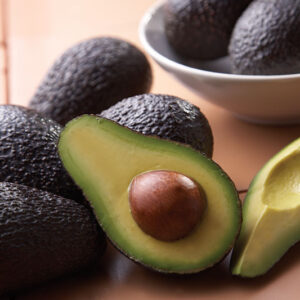
-
Bananas
Bananas are a rich source of carbohydrates, mainly starch in unripe bananas and sugars in ripe bananas. Bananas are a significant source of several vitamins and minerals, especially potassium, vitamin B6, and vitamin C. Its fiber - resistant starch and pectin - appears to have beneficial effects on intestinal health. They moderate the rise in blood sugar after a meal.
Click here for further information about Bananas
-
Basmati~Rice
Rice is beneficial for cholesterol-free diet, blood pressure management, cancer prevention, skin care, and great source of energy.
Basmati Rice: Visit this site for further information
White Rice : Visit this site for further information
-
Bell Peppers
Bell Peppers are low in Saturated Fat, and very low in Cholesterol and Sodium. It is also a good source of Thiamin, Niacin, Folate, Magnesium and Copper, and a very good source of Dietary Fiber, Vitamin A, Vitamin C, Vitamin K, Vitamin B6, Potassium and Manganese.
Visit this Site for Nutrition Facts about Bell Peppers.
-
Bitter Guord
Bitter Guord ~ Although this Guord has a bitter taste, this vegetable is enriched with several nutritious benefits that improve overall health. Check out some useful information about bitter gourds in the website mentioned below.
Visit this Site for Nutrition Facts about Bitter Guord.
-
Black Grapes
Black Grapes ~ Here is a summary of the benefits of Black Grapes. Controlling Blood Sugar, Improving Brain Function, Improving Cardiac Health, Prevention of Cancer, Triggering Weight Loss, Protecting against infections and inflammations, Relieving constipation, indigestion and treating kidney disorders, Improving Vision, Maintaining a Healthy and youthful Skin, Maintaining long and healthy tresses.
Visit this Site for Nutrition Facts about Black Grapes. -
Black pepper
Black pepper is used everywhere in the world in different ways depending upon the recipes. It adds flavor and taste and is good for health.
Visit this site for more information about Black Pepper.

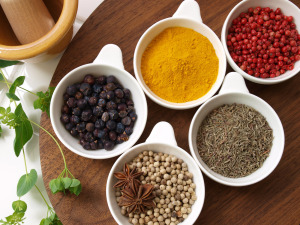
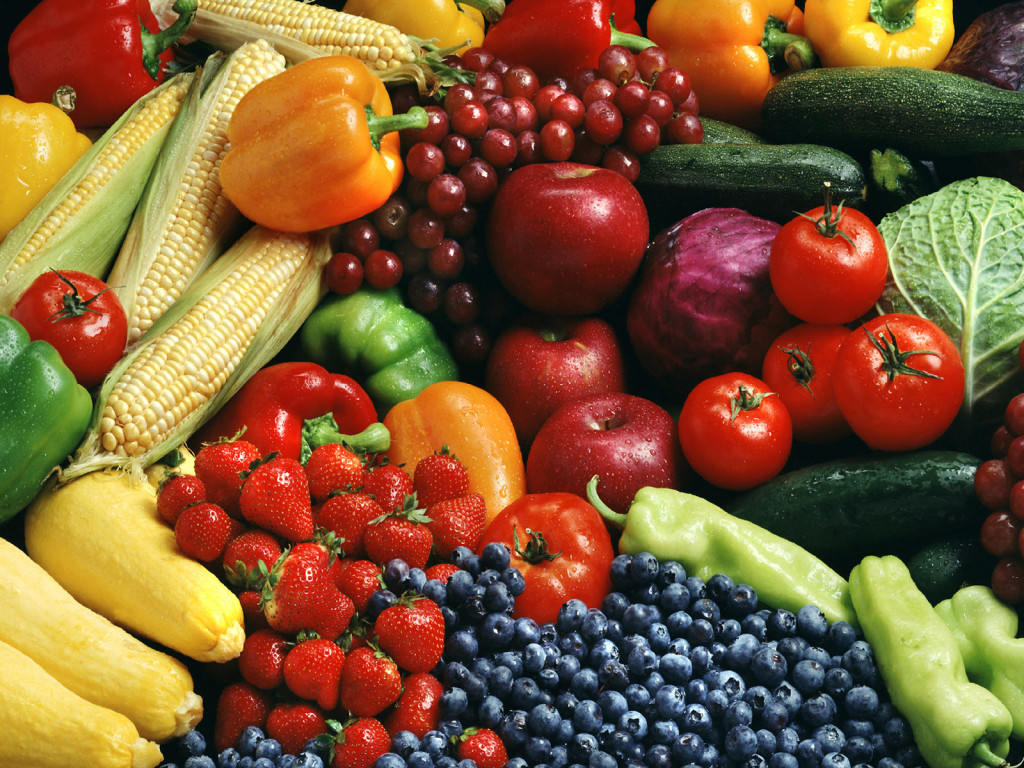
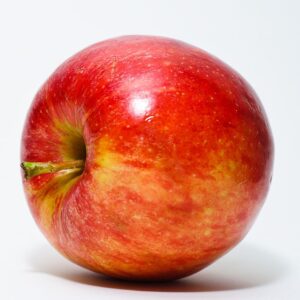
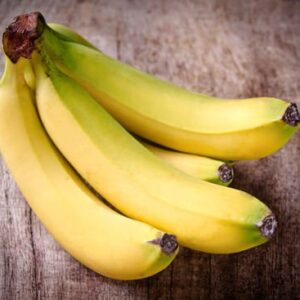
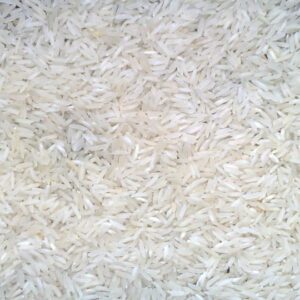
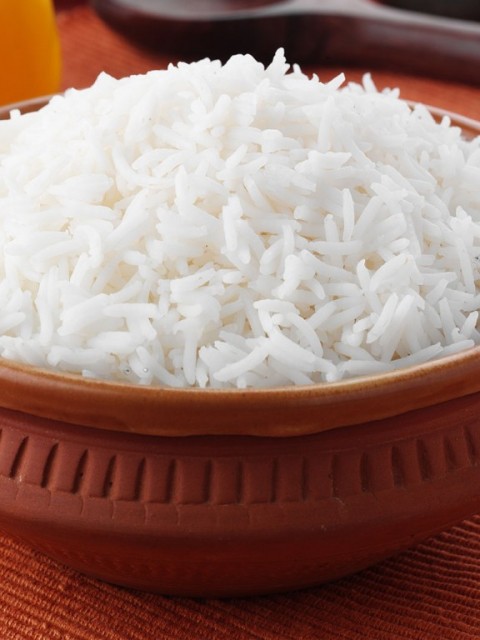
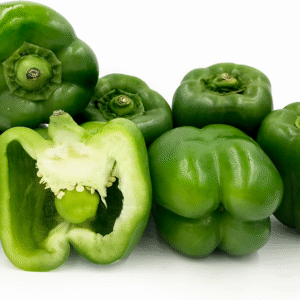 Bell Peppers Green
Bell Peppers Green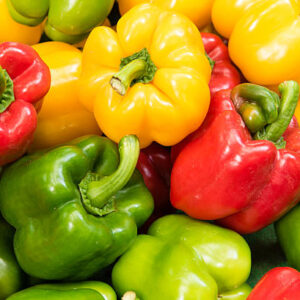 Bell Peppers All
Bell Peppers All